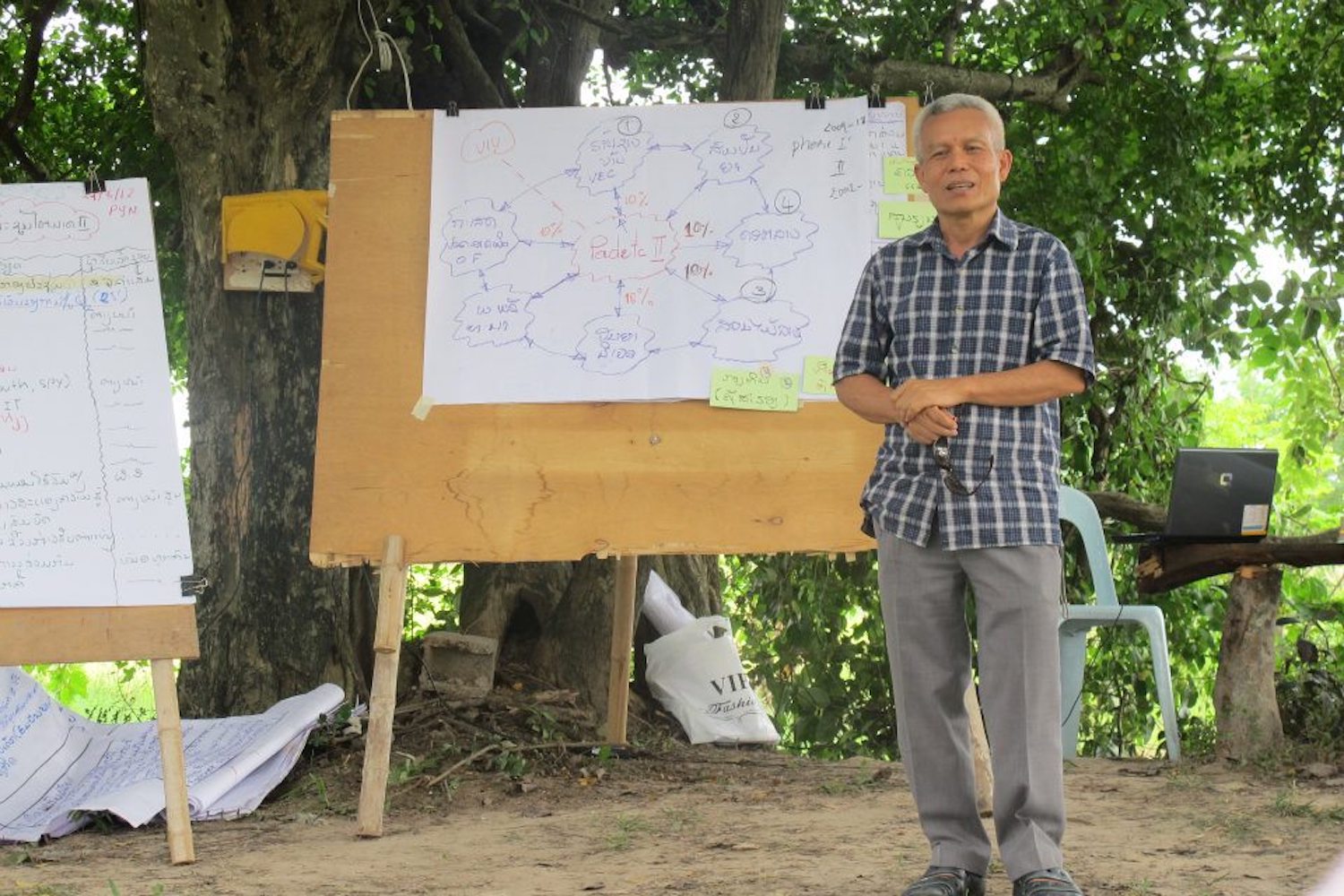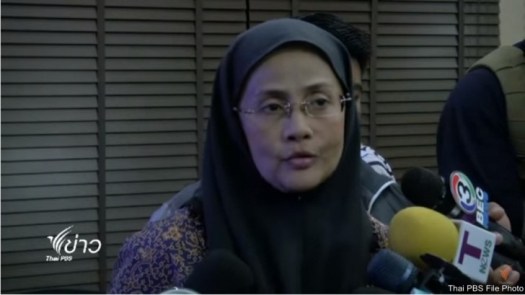 Human Rights Watch: 14 July 2016
Human Rights Watch: 14 July 2016
Disclosing Fate of Sombath Somphone Major Test for New Government
(New York) – Lao Prime Minister Thongloun Sisoulith should immediately disclose the fate of prominent activist Sombath Somphone, who has been forcibly disappeared in Vientiane since December 2012, Human Rights Watch said.
Since taking office on April 20, 2016, Prime Minister Thongloun has stayed silent on Sombath’s disappearance, among the country’s most serious human rights cases in recent years. Official investigations of the case have been rudimentary and inadequate, and failed to offer any credible explanation of his fate or whereabouts. Lao authorities have repeatedly disregarded concerns raised by foreign governments and human rights groups.
“Sombath Somphone’s case is a major test for Prime Minister Thongloun’s new government,” said Brad Adams, Asia director at Human Rights Watch. “The prime minister should end Lao’s long silence on Sombath’s ‘disappearance’ and explain what happened to him, instead of trying to deflect international criticisms and concerns.” Continue reading “Laos: Premier Should Account for ‘Disappeared’ Activist”



 They have disappeared him. His name is Sombath Somphone, and he was — I’m not sure what the right tense is — a civil-society leader. They snatched him out of his car…
They have disappeared him. His name is Sombath Somphone, and he was — I’m not sure what the right tense is — a civil-society leader. They snatched him out of his car…


 I began meeting you only after they said you were gone, a victim of enforced disappearance.
I began meeting you only after they said you were gone, a victim of enforced disappearance.


 Sombath Somphone, a prominent civil society member who was abducted outside a police post in the capital, Vientiane, in December 2012, remained disappeared with no progress in his case. In March, a former military general heading a non-profit organization – widely believed to be a government proxy – made a failed attempt to have Sombath Somphone’s name removed from the agenda of the ASEAN People’s Forum event. No progress was made in the case of Sompawn Khantisouk, an entrepreneur who was active on conservation issues. He remained disappeared since being abducted by men believed to be police in 2007.
Sombath Somphone, a prominent civil society member who was abducted outside a police post in the capital, Vientiane, in December 2012, remained disappeared with no progress in his case. In March, a former military general heading a non-profit organization – widely believed to be a government proxy – made a failed attempt to have Sombath Somphone’s name removed from the agenda of the ASEAN People’s Forum event. No progress was made in the case of Sompawn Khantisouk, an entrepreneur who was active on conservation issues. He remained disappeared since being abducted by men believed to be police in 2007.
 Enforced disappearance is when a person is secretly taken by the government, or by others with the knowledge and support of state authorities. The government then denies any role in the abduction, as well as knowledge about what happened, or where the person might be. The result is that the person is denied all legal rights and protection.
Enforced disappearance is when a person is secretly taken by the government, or by others with the knowledge and support of state authorities. The government then denies any role in the abduction, as well as knowledge about what happened, or where the person might be. The result is that the person is denied all legal rights and protection.